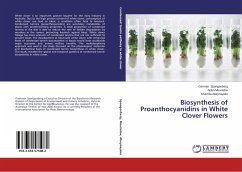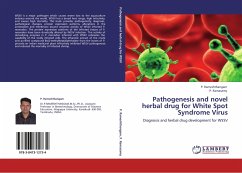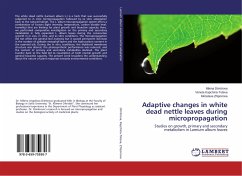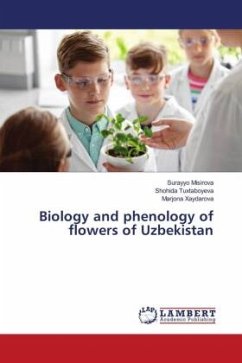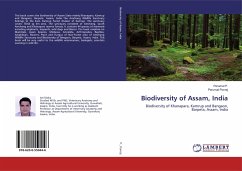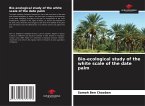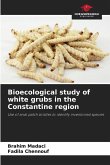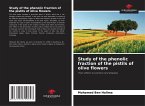White clover is an important pasture legume for the dairy industry in Australia. Due to the high protein content of white clover, consumption of white clover can lead to bloat, a condition often fatal to livestock. Condensed tannins (proanthocyanidins) are secondary metabolites of plants with protein-binding properties. A small proportion of condensed tannins in the diet is able to reduce the rate of fodder degradation by microbes in the rumen, protecting livestock against bloat. White clover foliage has trace amounts of condensed tannins that are not sufficient to prevent bloat. The development of bloat-safe white clover with enhanced levels of condensed tannin accumulation in leaves would have worldwide major economic and animal welfare benefits. The multidisciplinary approach was used in this study focussed on the physiological, molecular and biochemical basis of condensed tannin biosynthesis in white clover. This study revealed the spatial and temporal patterns of condensed tannin biosynthesis in white clover.
Bitte wählen Sie Ihr Anliegen aus.
Rechnungen
Retourenschein anfordern
Bestellstatus
Storno

